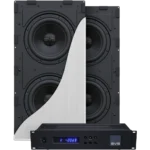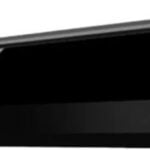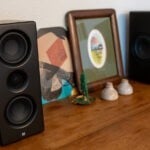Jongyoon Lee
Stunt Coordinator
- Joined
- Dec 3, 2002
- Messages
- 125
The very first one is always the most memorable. It was between 14 guage Monster cable and Cardas Neutral Reference. Monster cable was about 6-7 feet in length, and I believe Cardas was 5 feet long.






